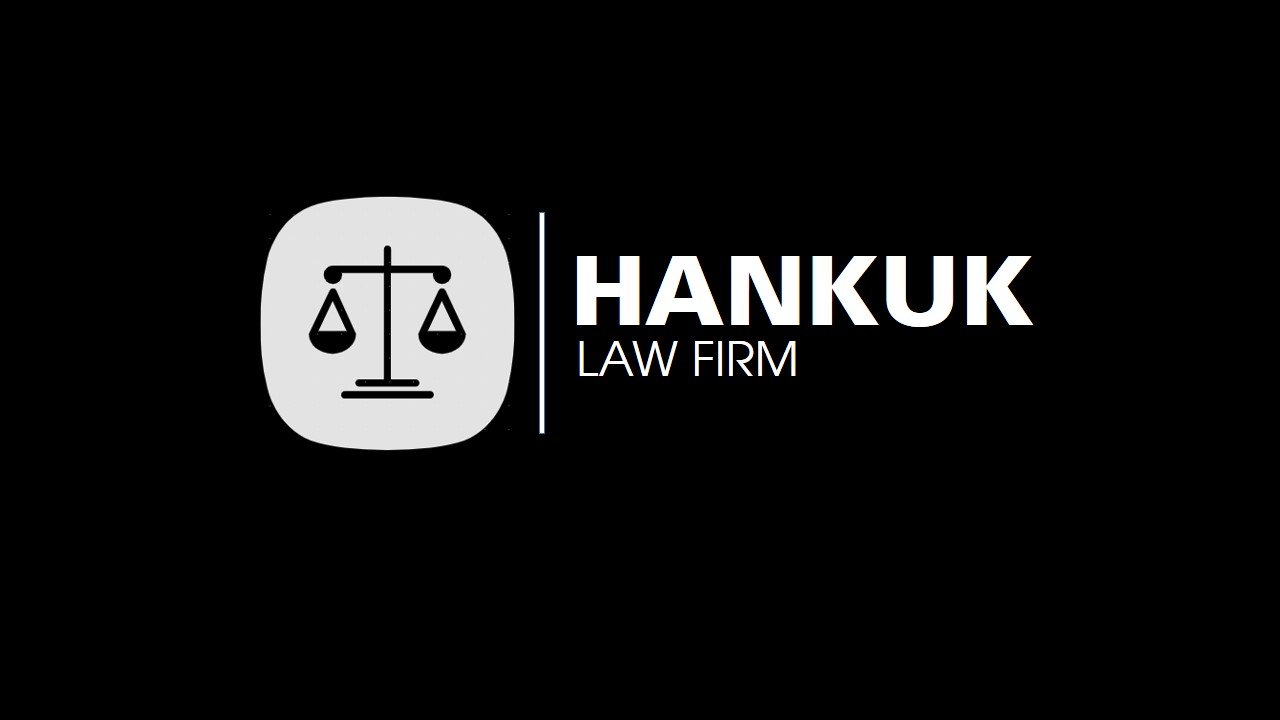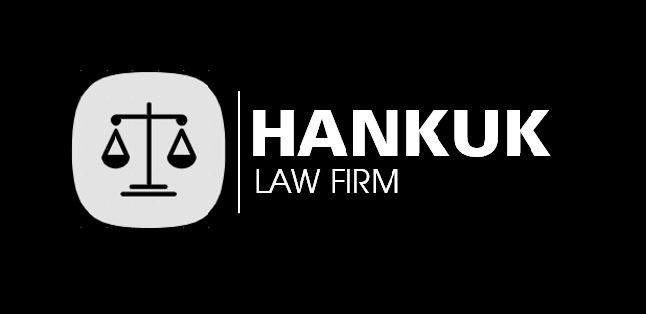HOW TO HANDLE JOINT DEBTS UPON DIVORCE?
Contents
- I. Legal basis
- II. Definition of joint debt during marriage
- III. Determining joint debts in divorce proceedings
- IV. Principles for settlement of joint debts upon divorce
- V. Procedures for handling joint debts in divorce
- IV. Practical considerations to avoid disputes
- VII. Conclusion
- VIII. About Us, Hankuk Law Firm
I. Legal basis
- Law on Marriage and Family 2014
- Civil Code 2015
II. Definition of joint debt during marriage
During the course of marriage, in addition to common property, spouses may also share financial obligations – commonly referred to as joint debts.
Pursuant to Clause 1, Article 37 of the Law on Marriage and Family 2014, joint debts are financial obligations for which both spouses are jointly liable, arising from:
- Transactions jointly entered into by husband and wife;
- Transactions entered into by one spouse to meet the essential needs of the family;
- Transactions arising from the possession, use, or disposition of common property;
- Transactions aimed at generating income, maintaining, or developing the marital estate;
- Compensation obligations for damage caused by minor children, children lacking legal capacity, or children with cognitive/behavioral difficulties.
Essential needs are understood as necessary expenses to maintain a normal family life, such as food, housing, medical treatment, education, and transportation for daily living.
Example: If the wife borrows money to pay hospital fees for their child or to repair the marital home, such debt is deemed joint, and the husband remains liable even if he was not aware of the transaction.

III. Determining joint debts in divorce proceedings
When divorcing, it is crucial to distinguish between joint debts and personal debts, as this directly affects each party’s financial liability. Courts generally rely on the following factors:
3.1. Spousal agreement
If a loan agreement or relevant documents bear the signatures of both spouses, or otherwise show written consent, the debt is almost certainly considered joint.
3.2. Purpose of the loan
Even if only one spouse is named on the loan, if the funds were used for family needs (e.g., household goods, children’s tuition, medical expenses), the debt is joint.
3.3. Source of the debt
If the debt arose from the use of common property or was invested to generate profit for the family, it is considered a joint obligation.
3.4. Parental liability for damages
Under the Civil Code 2015, parents must compensate for damages caused by their minor children or children lacking legal capacity. Such obligations are also deemed joint debts.
By contrast, debts are considered personal if they:
- Were incurred prior to the marriage; or
- Were taken for personal purposes (private investments, gambling, extravagant spending) without the other spouse’s consent and without serving the family’s common interests. It is a private debt, and the borrower must take responsibility for it.
IV. Principles for settlement of joint debts upon divorce
Upon divorce, the settlement of joint debts shall be governed by Article 27, Article 37, and Article 60 of the 2014 Law on Marriage and Family, together with the relevant provisions of the Civil Code.
4.1. Joint and several liability
Husband and wife shall bear joint and several liability for the repayment of all joint debts, irrespective of the divorce. The creditor is entitled to demand full repayment of the debt from either spouse.
4.2. Divide debt according to the principle of fairness
Where both spouses are responsible for the debt, such joint debt shall generally be divided equally, unless there are justifiable grounds for a different allocation (e.g., one spouse has significantly lower income or is directly raising minor children).
4.3. Respect for agreements
If the spouses have a clear written agreement specifying which party shall assume responsibility for particular debts upon divorce, the Court shall recognize such agreement, provided that it does not infringe upon the rights of third parties.
4.4. Protection of third-party rights
Divorce does not extinguish the obligation owed to creditors. If one party fails to fulfill the repayment obligation, the creditor retains the right to initiate legal action against both spouses.
V. Procedures for handling joint debts in divorce
5.1. Out-of-court agreement
First and foremost, the spouses should attempt to negotiate and reach an agreement on the division of debt repayment obligations. Such an agreement may be reduced to writing, duly signed, and notarized in order to ensure its legal validity.
5.2. Request the Court to divide
If agreement cannot be reached, either or both spouses may request the Court to adjudicate the matter when filing for divorce.
Required documents include:
- Divorce petition (mutual or unilateral);
- Debt-related evidence (loan contracts, invoices, bank statements, etc.);
- Identification documents of both spouses.
5.3. Jurisdiction
The People’s Court at the district level where either spouse resides has jurisdiction. In cases involving substantial debt or foreign elements, jurisdiction may rest with the provincial-level People’s Court.
IV. Practical considerations to avoid disputes
To minimize risks and disputes, spouses should maintain thorough documentation of all debts and their purposes; clearly stipulate borrowing conditions, especially for large loans; and avoid acting as guarantors for third parties without certainty of repayment capacity. Upon divorce, a specific repayment plan should be agreed upon to prevent prolonged litigation. Where the creditor is a financial institution, parties should negotiate directly with the bank to amend loan agreements post-divorce, if possible, to ensure transparent and lawful settlement of obligations.
VII. Conclusion
The settlement of joint debts upon divorce is a complex matter, requiring an accurate determination of the origin and purpose of the debt. Preparing evidence, reaching prior agreements, and having a solid understanding of the legal provisions are crucial factors in protecting one’s rights and interests. In all cases, the obligation to repay debts to third parties remains even after divorce, unless otherwise agreed upon and accepted by all relevant parties.
VIII. About Us, Hankuk Law Firm

■ Hankuk Law Firm – Introduction
The goal of the legal services provided by HANKUK LAW FIRM is to support businesses, investors, and people. Our organization employs skilled Korean lawyers, partners, and professionals to provide legal services to businesses related to corporations and litigation.
To support the startup process, our lawyers and staff provide a wide range of services, including business law consulting, tax and immigration law consulting, real estate services, business consulting, marketing and communications, human resources, product distribution, franchise options, etc. We provide expert advice on every aspect of your business needs.
To protect the legitimate rights and interests of our clients and achieve the best results, we provide legal advice and participate in civil lawsuits related to business, labor, marriage, family, and inheritance.
■ Contact us now

For reliable and effective legal advice, please contact HANKUK LAW FIRM now. We are committed to providing you with the best possible answers and our team of experienced lawyers has extensive knowledge in many legal fields. We are always here to provide the most competent and dedicated support, whether you are dealing with contractual issues, commercial disputes or need guidance on foreign investment. HANKUK LAW FIRM is honored to have assisted hundreds of domestic and international clients in skillfully resolving complex legal issues as their trusted legal partner. Do not let legal issues hinder your success. Let us accompany you towards legal achievement and comfort. For prompt guidance and support to ensure your rights are always maintained at the highest standards, contact HANKUK LAW FIRM now.
■ Contact Hankuk Law Firm:
| Website: http://hankuklawfirm.com/en/
FB: https://www.facebook.com/hankuk.lawfirm Tiktok: https://www.tiktok.com/@hankuklawfirm Youtube: https://www.youtube.com/@hankuklawfirm6375 Email: info@hankuklawfirm.com SĐT: 0942.339.063 |
 |

